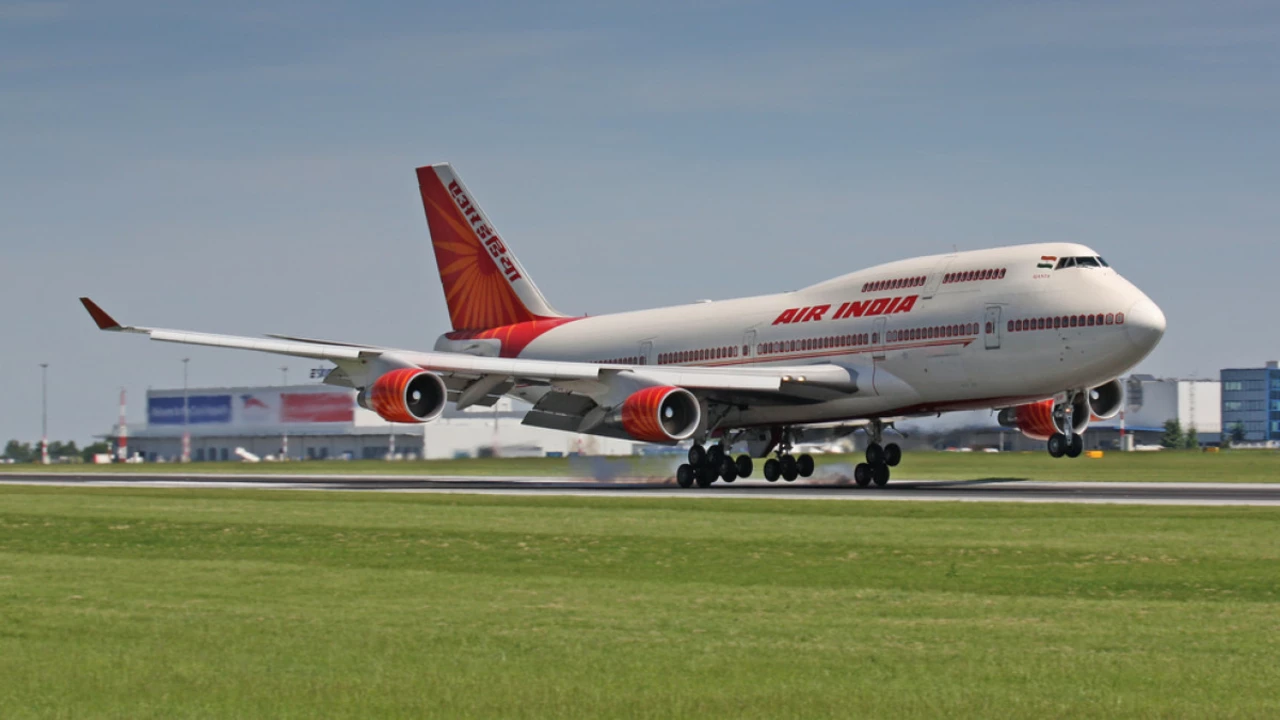The History of Air India
Let us begin by understanding the history of Air India, the national carrier of India. The airline was originally founded by J.R.D. Tata back in 1932 and was later nationalized in the 1950s. For many years, Air India has been a symbol of the country's pride, but it has faced numerous challenges over the years. The airline has grappled with massive debt, outdated equipment, and stiff competition from other Indian and international carriers.
Reasons Behind Tata's Takeover
Why did Tata Group decide to take over Air India? The primary reason is that Tata Group has always had a strong interest in aviation. They were the original founders of the airline and have expressed their desire to return to the aviation industry for some time. The takeover also represents a strategic business move, as it allows Tata Group to expand their reach in the aviation sector and compete on a global scale.
Immediate Changes After the Takeover
Since the takeover, Tata Group has implemented several immediate changes. The most noticeable change is the improvement in service quality. Customer complaints have significantly reduced, and the overall passenger experience has seen a notable improvement. The airline has also started upgrading its fleet and has been focusing on expanding its international routes.
The Financial Impact of the Takeover
From a financial perspective, the takeover has breathed new life into Air India. The airline, which was once burdened with massive debt, is now on a path to recovery. Tata Group has invested heavily in the airline, and it is expected that the airline will return to profitability in the coming years. However, it is important to note that the path to financial recovery will be a long one, and it will require consistent effort and strategic planning.
Improved Employee Morale
Employee morale has also improved significantly since the takeover. The Tata Group is known for its employee-friendly policies, and this has translated into a more positive work environment at Air India. Employees have reported feeling more valued and motivated since the takeover, which has resulted in improved performance and productivity.
Impact on the Indian Aviation Market
The Tata takeover has also had a significant impact on the Indian aviation market. The increased competition has been beneficial for consumers, as it has led to competitive pricing and improved service. Other Indian airlines have also been forced to step up their game in response to the improved Air India.
Increased Global Presence
One of the key goals of Tata Group after the takeover was to increase Air India's global presence. The airline has since added several new international routes and has partnered with other global airlines to expand its reach. This has not only increased Air India's visibility on the international stage but has also boosted tourism in India.
The Challenges Ahead
While the takeover has been largely positive, there are still several challenges that Air India faces. The airline needs to continue upgrading its fleet and improving its service to stay competitive. It also needs to continue working on reducing its debt and improving its financial health. Lastly, the airline needs to work on improving its reputation, which has been tarnished due to past issues.
The Role of Government in the Takeover
The Indian government has played a significant role in the takeover. The government was instrumental in facilitating the sale of the airline to Tata Group, and it continues to play a role in overseeing the airline's operations. The government has also provided financial support to aid in the airline's recovery.
The Future of Air India
Looking ahead, the future of Air India seems to be bright. The takeover by Tata Group has given the airline a new lease of life and has put it on a path to recovery. There are still challenges to overcome, but with the backing of Tata Group and the ongoing support of the Indian government, Air India is well-positioned to regain its former glory and emerge as a leading player in the global aviation industry.
